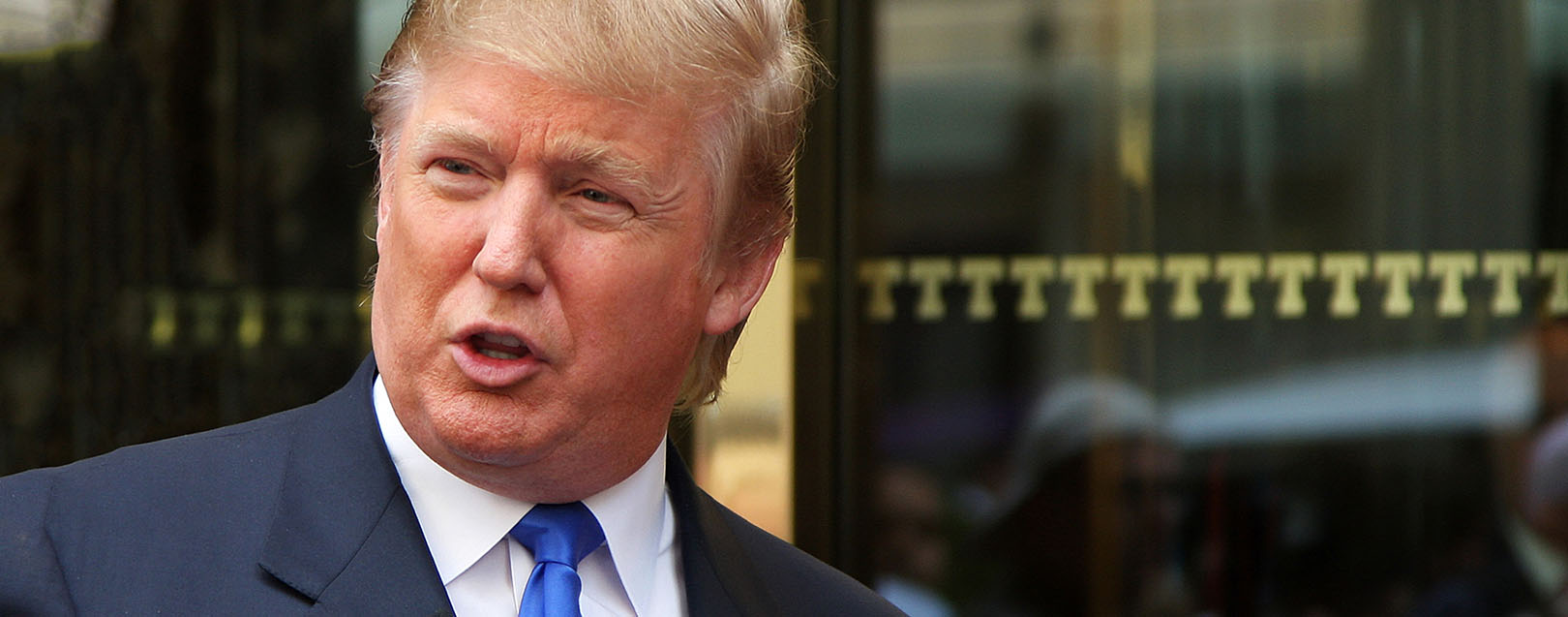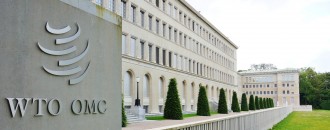
Trump’s protectionism may lead to global currency war
Deepak Kumar
US President Donald Trump-led administration is playing accusation games, at least that is what was evident when Trump in his early two weeks of presidency labelled China, Japan and Germany as currency manipulators, raising worldwide nervousness that his remarks about currency manipulations could translate into a new round of global currency wars.
While Trump in his pre-election promises accused China, largely seen as the US’ competitor in the global economic and diplomatic sphere, of manipulating Yuan for gaining currency advantage in the global financial market, his government has recently aimed accusations at Japan and Germany, widely regarded as two of the US’ closest allies, of influencing the valuation of their currencies, thereby generating similar set of fears among its friends and foes.
Earlier this week, Japan’s Prime Minister Shinzo Abe accused Trump of attacking Japan and China for “play[ing] the devaluation market”. He underlined in the Japanese parliament that Trump’s criticism of yen manipulation is incorrect. Germany’s Chancellor Angela Merkel also denied Trump-led administration’s baseless allegation that “Berlin was seeking to influence the valuation of the euro”. Her remarks came in the wake of top Trump adviser Peter Navarro’s unfair blame that Germany “continues to exploit other countries in the EU as well as the US with an ‘implicit Deutsche Mark’ that is grossly undervalued”.
Trump’s first two weeks in the office has generated unwanted chaos, and his labelling of countries as currency manipulators seems to be taking a path that most US Presidents have always refrained from even mentioning it. US presidents have always refrained from acting like economists and instead focused on enhancing the dollar’s strengths in the global financial market. Stephen Mnuchin, whom Trump picked for the role of treasury secretary, seems to have taken the conventional approach and said last month that he was a proponent of the long-term strength of the US currency.
Trump has always advocated protectionism agenda, as evident in his election speeches and presidential debates, and during his two-week at work, which has led to global trade and financial analysts predicting that his extreme protectionism stance could lead to stronger dollars and wider trade deficit with the country's major trade partners including China, Japan and Mexico.
Japan’s dwindling economy for the last decade and a half has forced it to take a more defensive stance; it weakened the yen considerably in the early 2000s, following the 2008 financial crisis and then after the 2011 tsunami, and it seems Trump’s observation emanated from the fact that Japan was again considering about intervention after the yen rose significantly last year.






 to success.
to success.